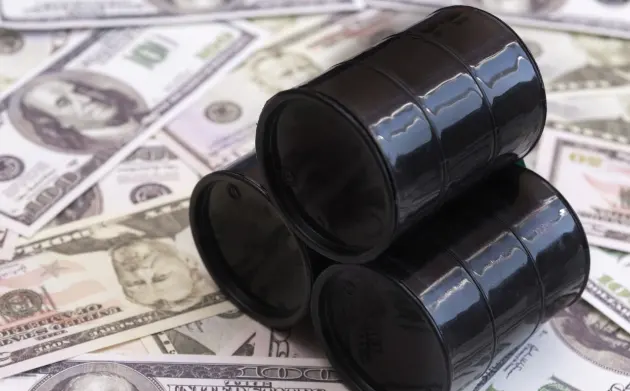
115 Barrels a second
UEFA Investigating How City Earned £4.5bn Without Selling Petrol
Well, well. Another year, another report putting Manchester City right near the top of European football’s financial food chain —and not a drop of oil in sight.
Well, well, well. Another year, another report putting Manchester City right near the top of European football’s financial food chain — and once again, there’s not a drop of oil in sight.
The latest Football Clubs’ Valuation report, now in its 10th year and published by those notoriously petrochemical-friendly boffins in Budapest (the Football Benchmark Group, to give them their Sunday name), has City sitting pretty in second place with an enterprise value just shy of £4.5bn. That’s equity plus net debt, for those in Liverpool still calling UEFA to complain.
Real Madrid have taken top spot, mind you — smashing through the €6bn mark. They’re now valued at £5.2bn, which is impressive, even if they do still insist on playing Dani Carvajal in 2025.
City come in second, just ahead of Manchester United — whose own valuation, which is remarkable given that club is currently doing its best impression of a Championship side with a Champions League budget.
United’s value may have grown 4% on paper, but not even the finest INEOS chemicals could polish what’s been happening at Old Trafford this season. If Sir Jim was hoping to buy a winning culture, he might’ve saved a fortune investing in darts.
Elsewhere, Barcelona continue to defy gravity and accounting principles, Bayern Munich make up the numbers, and Liverpool and Arsenal sit behind them — presumably furiously highlighting the bit in the report that says “state-owned” in invisible ink.
Yes, the usual suspects will be clutching pearls (and legal briefcases) at City’s financial standing. “Oil money,” they’ll cry, while glancing nervously at their own wage bills and praying their American hedge funds don’t notice what a centre-back costs these days.
Arsenal fans, drunk on vibes and second-place finishes, will likely scoff that enterprise value can’t measure passion or history, which is just as well, because they haven’t won a league title since the Nokia 3310 was top of the charts.
As for Liverpool, they’ll no doubt argue that net spend is the true measure of footballing morality — a noble stance, albeit one harder to maintain when you spaffed £80m on Darwen Núñez.
Ultimately, the report is another tidy reminder that City have not just dominated on the pitch, but are thriving off it too. The club is sustainable, self-sufficient, and still terrifying enough to provoke annual existential crises in Merseyside, North London, and a particular wing of Manchester.
So go on, let the valuations boil some piss. We’ll just be over here, preparing for more — and not a barrel of crude oil in sight.
